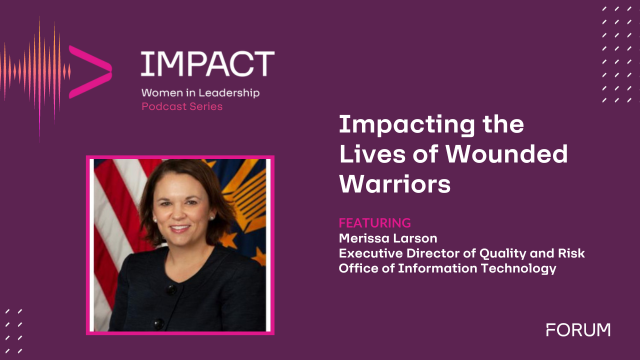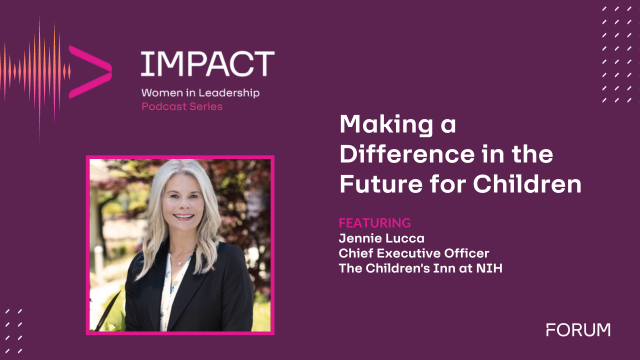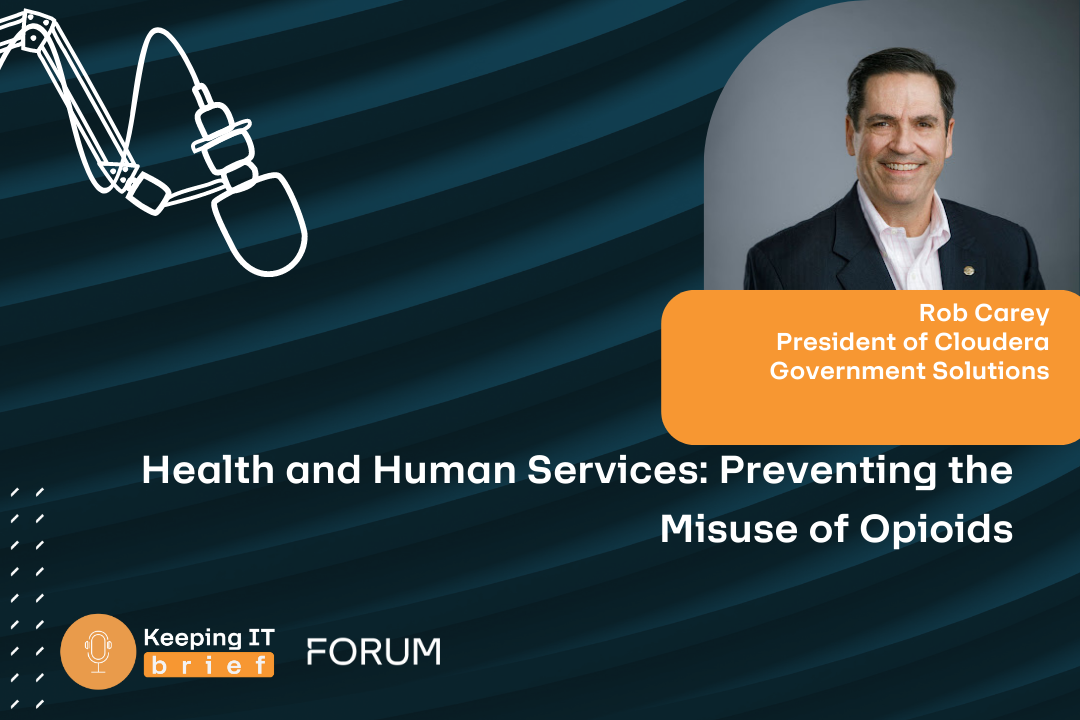By Lindsay Henderson, PsyD, Director,
Psychological Services, Amwell
COVID-19 is far from over in the United States. Not only are cases continuing to surge in many parts of the country, but the viral pandemic has also spawned an associated epidemic of behavioral health challenges. For many, the pandemic presents a unique combination of stressors including prolonged isolation, fear of infection, unemployment, and disruptions to school and daycare schedules. Layered on top of that are concerns regarding social justice and economic vulnerability. The result is an alarming increase in the demand for mental health services.
Today’s current events are creating new mental health issues and exacerbating existing ones. In June 2020, 40% of U.S. adults reported struggling with mental health or substance use issues—three to four times higher than the same time last year. Veterans and active-duty Military are not exempt from this growing mental health epidemic. Even before COVID-19, an estimated 1 in 5 United States Veterans who served in either Iraq or Afghanistan experienced symptoms of major depression or post-traumatic stress disorder, and 19% of those Veterans have a traumatic brain injury. In 2018, 541 Service Members across the Military’s active and reserve components died by suicide.
To address mental health among Veterans and active-duty Military in a still largely socially distant world, many Healthcare and Government organizations are leveraging virtual care to provide behavioral Healthcare services. To make virtual behavioral Healthcare a success, organizations need to think differently, which includes strategizing around provider staffing structures, developing material to help train mental health providers on telehealth, establishing clinical protocols, and measuring the effectiveness of the program through key performance indicators. And while the current and future behavioral health crisis is driving organizations to adopt virtual care, they should also think strategically about how to scale the technology in the future to include new workflows and use cases.
Naval Hospital Jacksonville in Florida is an example of a successful virtual behavioral health program, having seen steady growth in virtual behavioral health visits since the pandemic began. In April 2020, nearly 38% of scheduled visits on Naval Hospital Jacksonville’s virtual care platform, Navy Care, were for behavioral health. By June 2020, that number had increased to more than 45%.
Appointments on the U.S. Department of Veterans Affairs‘ telehealth service went up 1,000% during COVID-19, increasing from 10,000 to 120,000 visits per week. In August, the Veterans Access to Online Treatment Act was introduced in Congress, and if it passes, would require the Department of Veterans Affairs to create telehealth programs at three VA centers to help Veterans access mental health services. Advocates for the bill cite that many Veterans with mental health issues are often reluctant to seek treatment—especially in-person treatment—and many also live in rural areas where access to mental health care is scarce.
While access to mental Healthcare is needed now more than ever, the need will persist long after the pandemic is over. In fact, one analysis found that psychological distress of Healthcare workers can last up to three years after an outbreak. Additionally, those experiencing job loss and income insecurity are also facing long-term mental health impacts, and it is projected that the economic downturn caused by the pandemic could result in an additional 75,000 suicide deaths by 2029.
COVID-19 has acted as a catalyst for the advancement of telehealth adoption—both for patients and providers. And as patients and providers continue to leverage virtual care for behavioral health, all signs indicate that this is a care option that will remain after COVID-19. As policymakers continue to discuss further actions to alleviate the burdens of the COVID-19 pandemic, the increased need for mental health and substance use services could continue longer term even as new cases and deaths due to the novel coronavirus subside.












